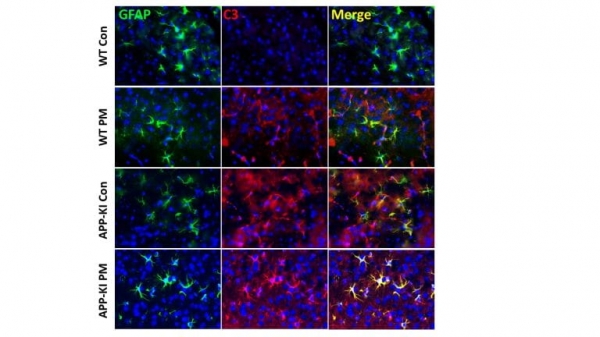The North Pacific “Garbage Patch” aggregates an abundance of floating sea creatures, as well as the plastic waste it has become infamous for, according to a study published in PLOS Biology and co-authored by oceanographers in the University of Hawaiʻi at Mānoa School of Ocean and Earth Science and Technology (SOEST).
articles
1950s Kīlauea Iki Lava Samples to Help Uh Scientists Understand Volcanic Eruptions
Earth scientists from the University of Hawaiʻi at Mānoa were gifted a set of precious basalt samples collected by the U.S. Geological Survey (USGS) from the Kīlauea Iki lava lake between 1959 and 1988.
California Quake Faults Are Highly Sensitive to Solid Earth Tides, Say Scientists
Rising and falling ocean tides, driven by the Earth’s daily interactions with the Moon and Sun, are familiar to almost everyone.
Nearly 90% Of Hanauma Bay Usable Beach May Be Submerged by 2030
A five-year study into the impacts of sea-level rise on the Hanauma Bay Nature Preserve (HBNP) predicts 88% of the preserve’s usable beach will be underwater by 2030.
Port of Miami Corals Remarkably Persistent, New Study Finds
Researchers at the University of Miami Cooperative Institute of Marine and Atmospheric Studies (CIMAS) and NOAA’s Atlantic Oceanographic and Meteorological Laboratory (AOML) and partners found the corals within the highly urbanized environment around the Port of Miami show great resilience against unfavorable conditions, such as poor water quality, excess nutrients, high temperatures, high salinity, and low pH levels.
UC Irvine Study Shows Traffic-Related Air Pollution in Irvine Weakens Brain Function
Researchers from the University of California, Irvine have found that exposure to traffic-related air pollution in Irvine led to memory loss and cognitive decline and triggered neurological pathways associated with the onset of Alzheimer’s disease.









